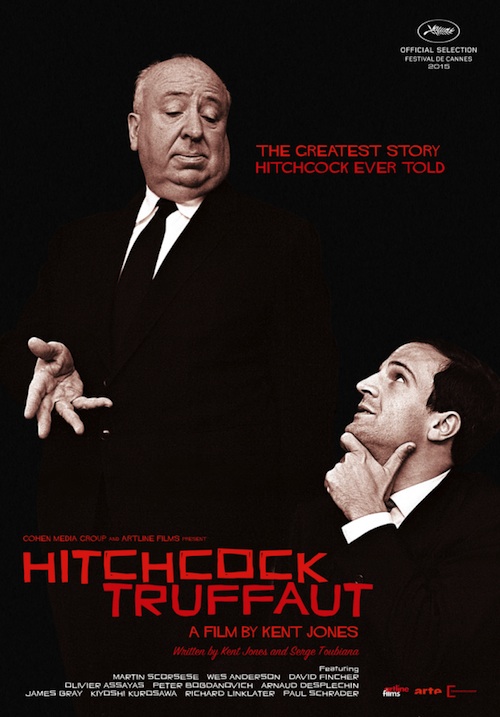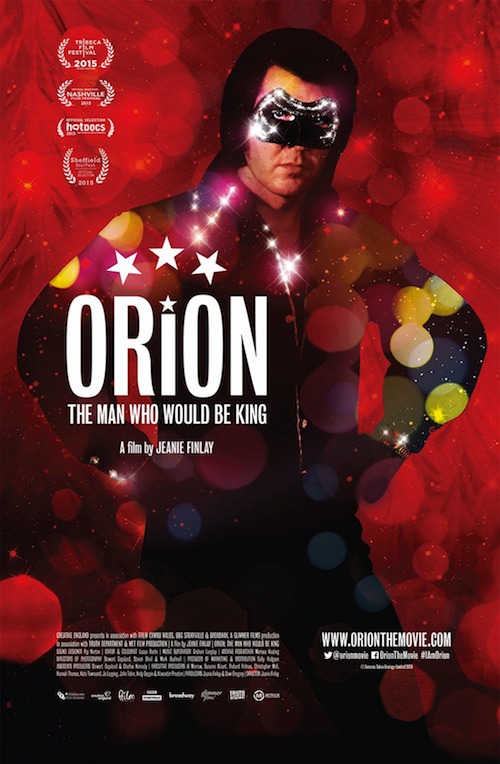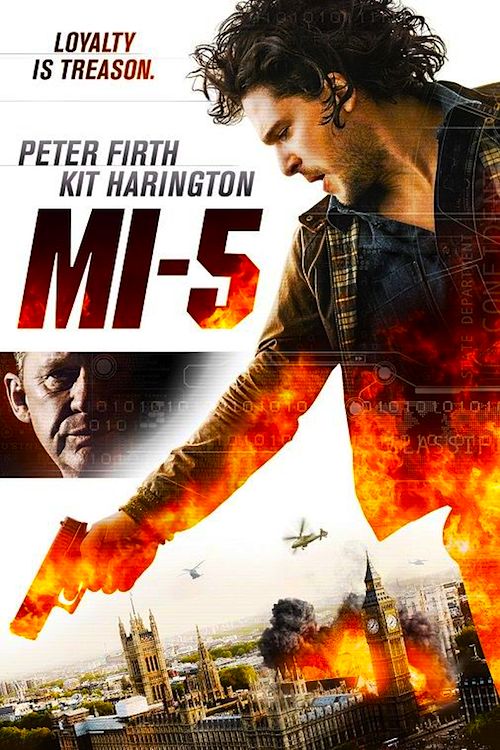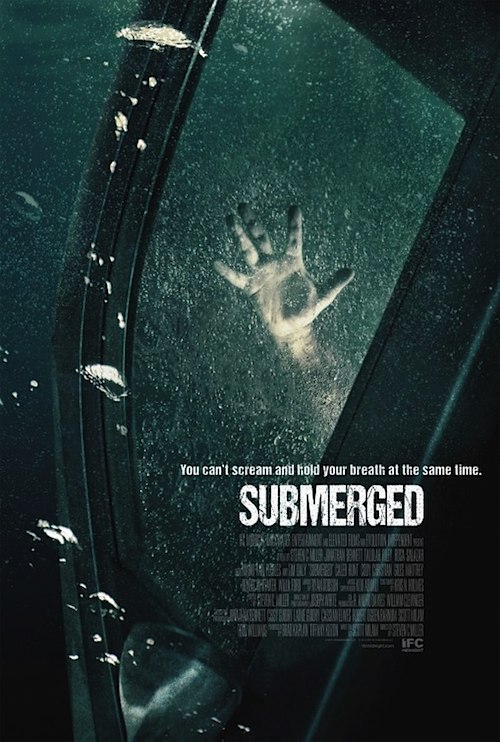By Joe Bendel. After the Six-Day War, Romania was the only Warsaw Pact country to maintain diplomatic relations with the State of Israel. That’s not much to say for the Ceauşescu regime, but at least it’s something. In truth, Israel and Romania had a long and complex history that predated 1967, going back to the very first organized Aliyah that originated in part from Romania. Oania Giurgiu talks to descendants of those very first pioneers in her sweeping yet highly personal documentary, Aliyah DaDa, which screens during the 2015 edition of Making Waves: New Romanian Cinema.
In the late Nineteenth Century, a hearty band of Romanian Jews returned to their ancient homeland. It was a hard life, but the local Arab population was rather glad to have them there as potential allies and buffers in their quarrels with the Bedouins. They would not be the last Romanian Jews to take the Aliyah journey to what would be known as Israel again in 1948. However, the fascist Antonescu regime imposed anti-Jewish laws, much like their Axis allies, which abruptly halted all Jewish immigration.
Jewish Romanian transit re-commenced in the immediate power-war years, but at that time leaving Romania was the safest part of the journey. Following the purge of prominent Jewish CP member Ana Pauker, Ceauşescu generally followed the Soviets’ anti-Semitic party line. Yet, he still periodically allowed spurts of immigration to Israel, in return for hard currency.
Those are the broad strokes of it, but it is the personal details that interest Giurgiu. Though not Jewish herself, she had always been fascinated by the fate of immigrating Jewish Hungarians after her parents bought their house from one such family. She also finds a visually distinctive way to tell their stories, constructing on-screen photo-collages inspired by the work of Tristan Tzara and Marcel Janco, two Jewish Romanians who were at the forefront of the DaDa art movement.
We should all know the fundamentals of Romania’s tragic Communist and fascist past, but seeing it as part of a continuum of over a century of history rather puts things in perspective. All things considered, it is miraculous the nation is not even more dysfunctional. To her credit, Giurgiu keeps the film grounded in the human realities of the grand macro forces through her interviews with the frank and welcoming Romanian-Israelis.

Strangely enough, Giurgiu’s cinematic collages also serve the material quite well, dramatically illustrating the passage of time through her layering-on and stripping off. She also assembles some striking archival photos, which are often haunting, nostalgic, or a little of both. Her interview style is decidedly informal, but it clearly works with both the learned scholars and weathered farmers descended from members of that 1882 Aliyah.
ADD is briskly paced but also provides a surprisingly comprehensive yet digestible overview of Jewish Romanian history up until the Revolution. It offers insights into both totalitarian systems that misruled the nation during the last century, while also earning way more style points than your garden variety documentary. Highly recommended, Aliyah DaDa screens this Thursday (12/3) at the Walter Reade, as part of this year’s Making Waves: New Romanian Cinema.
LFM GRADE: A-
Posted on December 2nd, 2015 at 10:48am.




